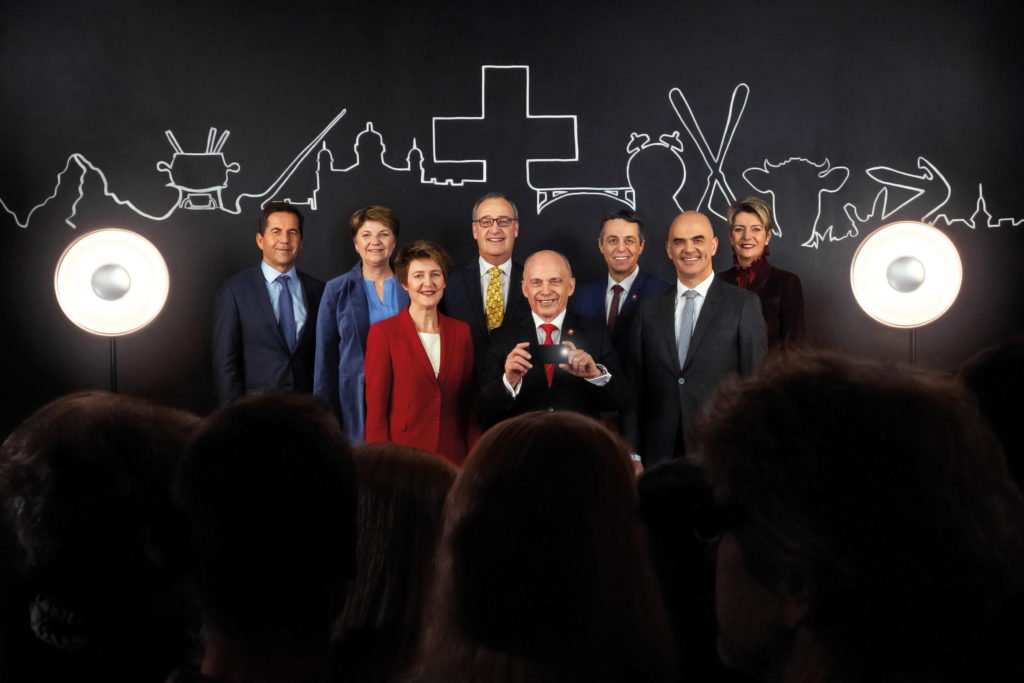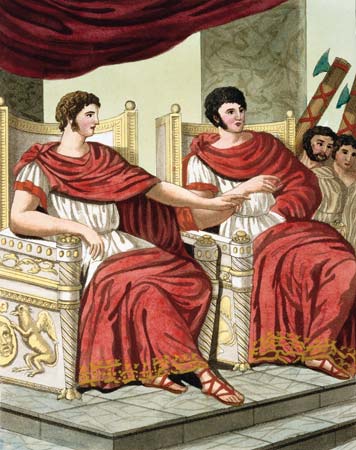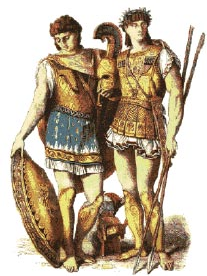Recently, Emmanuel Macron, the President of France, said:
“Patriotism is the exact opposite of nationalism. Nationalism is a betrayal of patriotism. By putting our own interests first, with no regard for others, we erase the very thing that a nation holds dearest, and the thing that keeps it alive: its moral values. “
In short, he said that patriotism is good, but nationalism is not. Such talk is systematically misleading, as my recent exchange on Facebook was equally misleading. In my posting, I tried to distinguish a nation from a country, claiming that a nation is a country with one language; whereas a country can have several languages, as does Switzerland. The objection was that there are nations without countries!
Obviously, I and my critic were using the word “nation” in different ways. Who was right? Why did I use the word in the way I did?
Well, there is this phenomenon of people who do not have a country but who endeavor to create an independent country or “nation”, as it may be called. And these people can be called “nationalists.” They do not want to create just any country, but a country composed of people like themselves — an ethnically homogeneous country, which I called a “nation.”
My critic on Facebook responded that what I refer to as an “ethnic group” is, by his use of words, a “nation.” And he — I admit — has a point. The Iroquois League or Confederacy comes to mind. It was composed of five “nations”: Mohawk, Onondaga, Oneida, Cayuga, and Seneca; and expanded to include the Tuscarora nation, thus, creating a confederacy of Six Nations. And I myself am prone to call such people without an independent country or State as diverse “nationalities.”
To complicate the matter further, there is the use of the term “nation” as synonymous with a “country” or “State,” as in the international (note the part “national”) “United Nations.” This organization is an organization of political States or countries. (Is “country” and “State” synonymous?)
And to complicate the matter further – in a negative way — there are the associations stemming from the Nazi Party, whose name is a shortening of the word “Nationalsozialismus” or “National Socialism,” producing a psychological antagonism to both the words “national” and “socialism.” [I may mention also the fact that the Russian bolsheviks, by rechristening themselves “communists”, made the word “communism” also leave a bad taste.]
Now, if we associate the term “nationalism” with the Nazi program, then we will think of nationalism as trying to promote the superiority of a group of people over others. Nazi policy was “Deutschland uber alles” (Germany over others). And in the United States, there are what are called, White Nationalists, or White Supremacists — a carry over, I take it, from Southern slavery days.
This idea of superiority has contaminated the idea of nationalism, which from another perspective, is the almost (dare I say) instinctual desire for tribalism. “Tribalism,” as I use the term, is the desire to be with people who are like you is some respects, primarily, in respect of language, and secondarily, in other respects — like race, religion, age, sexual preference, or whatever.
Tribalism — this instinct to flock together — is distinct from chauvinism, or the claim of superiority. Unfortunately, Nazis and White “Nationalists,” have given nationalism a bad association. However, in more common or laudatory ways of understanding “nationalism,” it is a form of (innocuous?) tribalism, with no necessary connections to claims of superiority.
Complicating this discussion even further, is the recent overwhelming phenomenon of massive migrations into Europe. Europe, although cosmopolitan is outlook, is composed of pretty much homogeneous ethnic groups or nationalities, and this linguistic and quasi-religious homogeneity has been severely disrupted in recent years, causing, what may be called, a nationalistic – although I would prefer to call it a tribal — reaction.
But when Macron said that patriotism is good, but nationalism is bad, he was ambiguously (or by conflation) expressing two different sentiments. The first – acceptable sentiment – is that nationalism with the connotation of superiority is bad, whereas patriotism, as the love and defense of country, is good. The second – unacceptable sentiment of a capitalist – is that tribalism in any form is bad, that no county should be endeavoring for any kind of homogeneity — linguistic, religious, or whatever; instead, all countries should embrace multiculturalism. Why is this the sentiment of a capitalist? The capitalist wants to atomize the population into self-centered individuals or families, which do not unite in any way to disrupt the commercial market. And for this reason, the capitalists of Europe, like Emmanuel Macron and Angela Merkel, are in favor of multiculturalism and the influx of heterogeneous immigrants.
Addendum:
In my first take on Macron’s claim that “nationalism is the betrayal of patriotism,” I failed to take account of his “moral values.” These appear to be a rejection of:
1. National interests have a priority over international interests.
And the embracing of:
2. National interest should take into account the interests of other nations.
He seems to be claiming that if you accept 1, you have to reject 2. I do not see how that follows.
Think of countries as if they were isolated homesteads in the wild west of the United States. Each homestead had to be self-sufficient, and the priority was for its own survival and flourishing. And if another homestead failed, that was not due to any fault of the first homestead.
However, suppose these homesteads had the same river crossing through their homesteads; then the situation changes. What a homestead does with the river upstream makes a difference to the homestead downstream — and so, out of self-interest, some mutually satisfactory agreement has to be reached. This is not because one homestead cares for the good of the other, but because a compromise is necessary for self-interest.
Perhaps what Macron should have said is that no homestead (nation) is or can be isolated from another because not only is the river now contaminated by both homesteads (nations), but also the the soil is contaminated, the air is polluted, and the global temperature is too high.
In that case, Macron should have accused Trump, or anyone who thinks like Trump, of thinking that that 1 excludes 2 (as Macron himself seems to think); where in fact, 1 requires and depends on 2. The accusation should, then be, not about the rejection of moral values, but an accusation of stupidity.
But let’s be realistic. Neither the United States nor Trump are isolating themselves in all respects. The United States has a global military presence with nearly 1000 military bases. And it defends the interests of US international corporations, particularly those producing oil and military hardware. What can be said is that Trump is interested is short-term interests for himself and his cronies, but is interested neither in the short-term nor the long-term interests of either the ordinary people of the United States or of the world.




